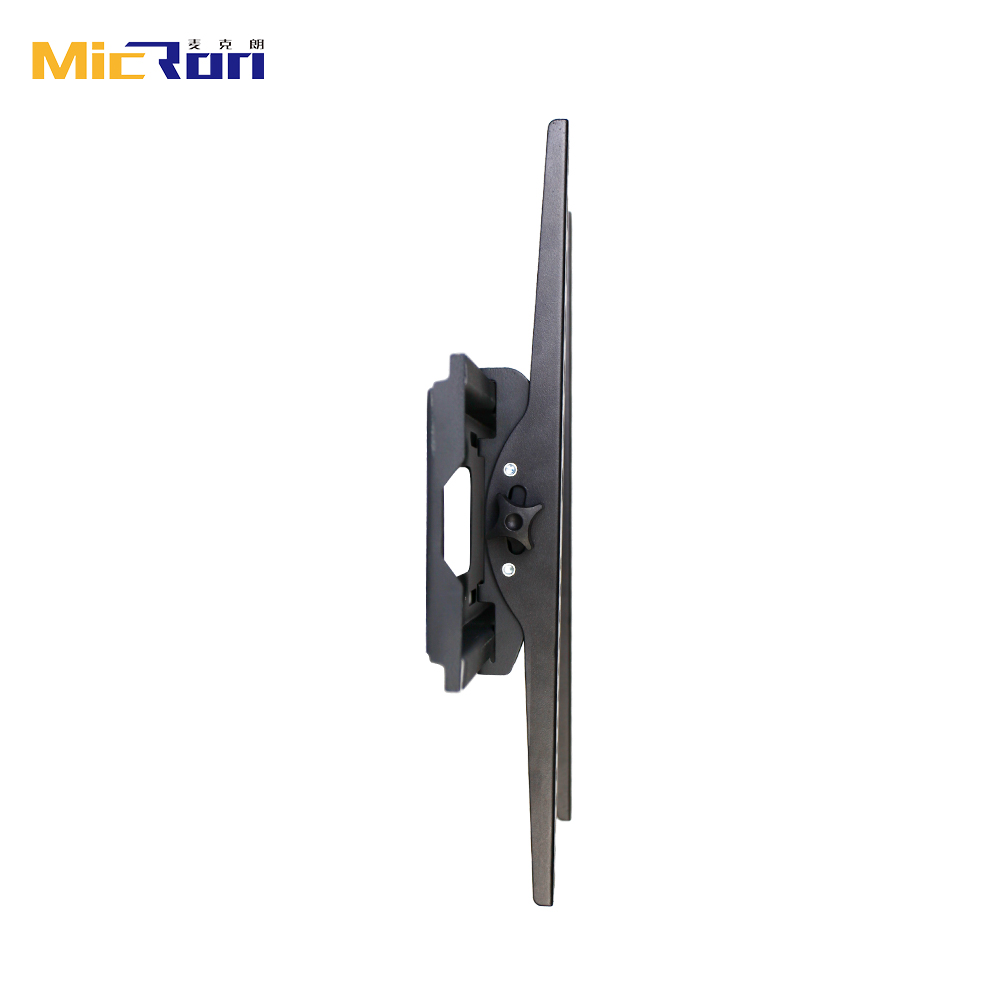Wall Mount Brackets for TVs Exporter and Supplier Solutions
Wall Mount Brackets for TVs Exporter and Supplier Solutions
The Importance of Choosing the Right TV Brackets for Wall Mounting
In the era of advanced technology, flat-screen televisions have become a staple in most households. With their sleek designs and large screens, they provide an immersive viewing experience. However, to maximize this experience, proper installation is crucial. This is where TV brackets for wall mounting come into play.
When considering a wall-mounted TV, the choice of the right bracket is as significant as the TV itself. A well-chosen TV bracket can enhance the aesthetic of a room, create additional space, and ensure the safety and longevity of your television. However, with a myriad of options available in the market, understanding the different types of TV brackets and their features is essential for making an informed decision.
Types of TV Brackets
There are primarily three types of TV brackets fixed, tilting, and full-motion (also known as articulating) brackets.
1. Fixed Brackets These are the simplest and usually the most affordable option. Fixed brackets hold the TV flat against the wall, providing a sleek appearance. They are perfect for rooms where the viewing angle is straightforward and where the TV will generally be viewed from a single position. However, they do not allow for any movement, which may be a limitation if you desire flexibility in viewing angles.
2. Tilting Brackets These brackets allow for the TV to be tilted downwards, which can be beneficial if the TV is mounted higher on the wall. This feature helps reduce glare from windows and can improve the viewing experience. Tilting brackets are an excellent compromise between functionality and aesthetics, making them a popular choice for many homeowners.
3. Full-Motion Brackets For those looking for the ultimate flexibility, full-motion brackets are the way to go. These brackets allow for the TV to be extended away from the wall and swivel in different directions. This makes them ideal for large rooms where viewing occurs from various angles or for TVs mounted in corners. While they tend to be pricier, their versatility makes them a worthwhile investment for avid viewers.
Factors to Consider When Choosing TV Brackets
tv brackets for wall mount exporter

When selecting a TV bracket for wall mounting, several factors should be considered
1. Weight and Size of the TV Always check the specifications of the bracket to ensure it can support the weight and size of your television. Most brackets will have a weight rating and are designed to fit specific screen sizes.
2. Wall Material Different wall materials (like drywall, concrete, or brick) may require different types of anchors and installation methods. It’s vital to select a bracket that matches your wall material to ensure safety and stability.
3. Viewing Height The ideal height for your TV depends on your seating arrangement. Measure your seating position and determine the best height for your TV, considering whether you want a fixed, tilting, or full-motion bracket.
4. Cable Management Wall-mounted TVs can sometimes lead to a tangle of unsightly wires. Some brackets offer integrated cable management systems that help hide cables for a cleaner look.
5. Installation Consider whether you will install the bracket yourself or hire a professional. Some brackets come with detailed installation instructions, while others may require more expertise.
Conclusion
In conclusion, selecting the appropriate TV bracket for wall mounting is crucial for enhancing your viewing experience while maintaining safety and aesthetics in your living space. With options ranging from fixed to full-motion brackets, the choices available cater to various needs and preferences. By considering factors such as the weight and size of your TV, wall material, viewing height, and installation methods, you can make an informed decision that will serve you well for years to come. Investing the time and effort into choosing the right wall mount will not only improve your entertainment setup but also add value to your home. So, as you prepare to mount your new flat-screen TV, remember that the right bracket is just as important as the television itself.
-
Reliable Tilt TV Mount Company & Manufacturer, Factory Price & ServiceNewsJul.29,2025
-
Installing TV Wall Mount in Apartment for Secure and Sleek SetupNewsJul.29,2025
-
High-Quality Tilt TV Mount Exporters for Secure InstallationNewsJul.29,2025
-
Professional Tilt TV Mount Company & Manufacturer, Competitive PricelistNewsJul.28,2025
-
Top Tilt TV Mount Exporters: Quality Manufacturer & Competitive PricingNewsJul.28,2025
-
Premium Tilt TV Mount Exporters & Manufacturers - Competitive PricesNewsJul.27,2025
